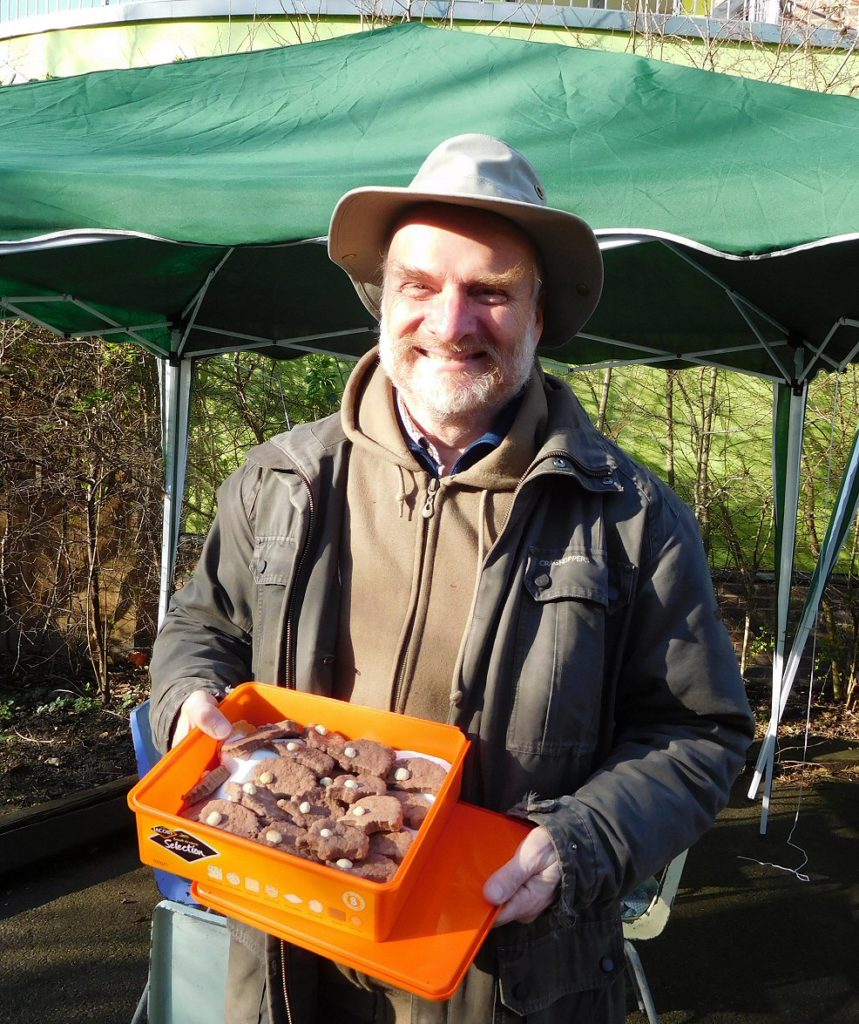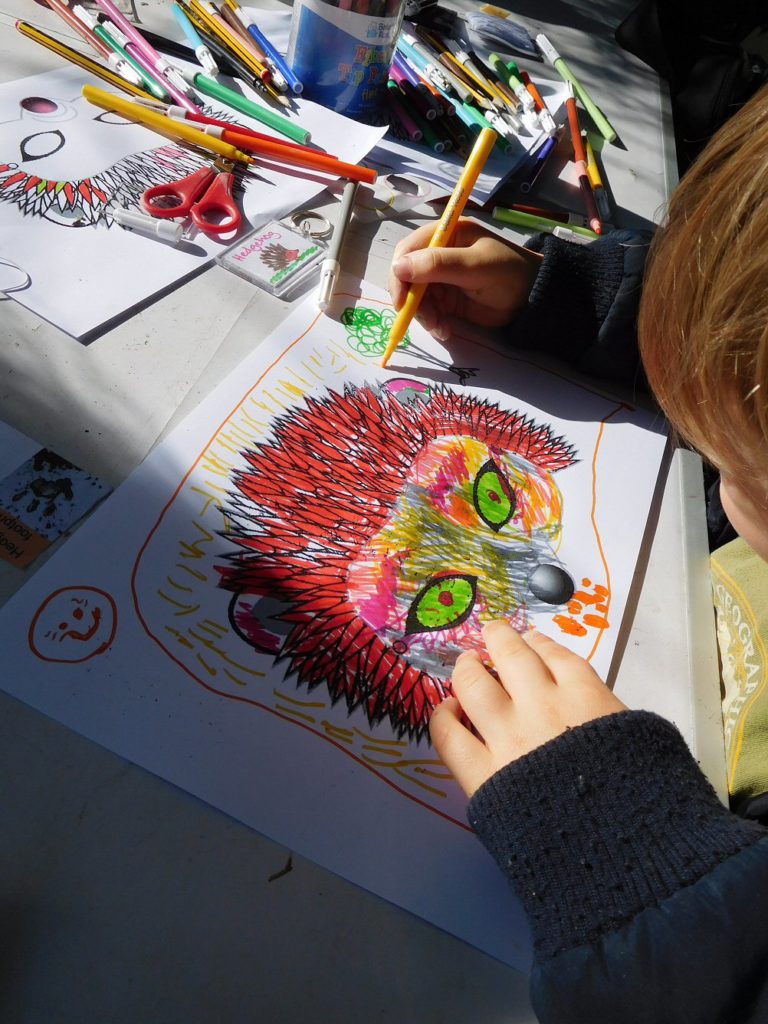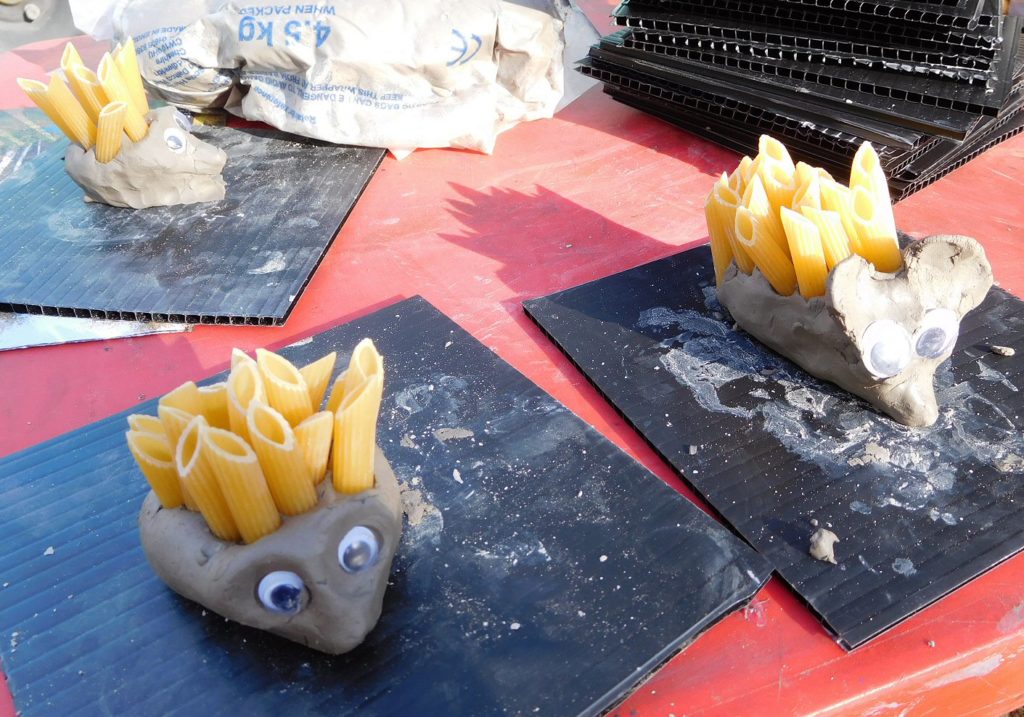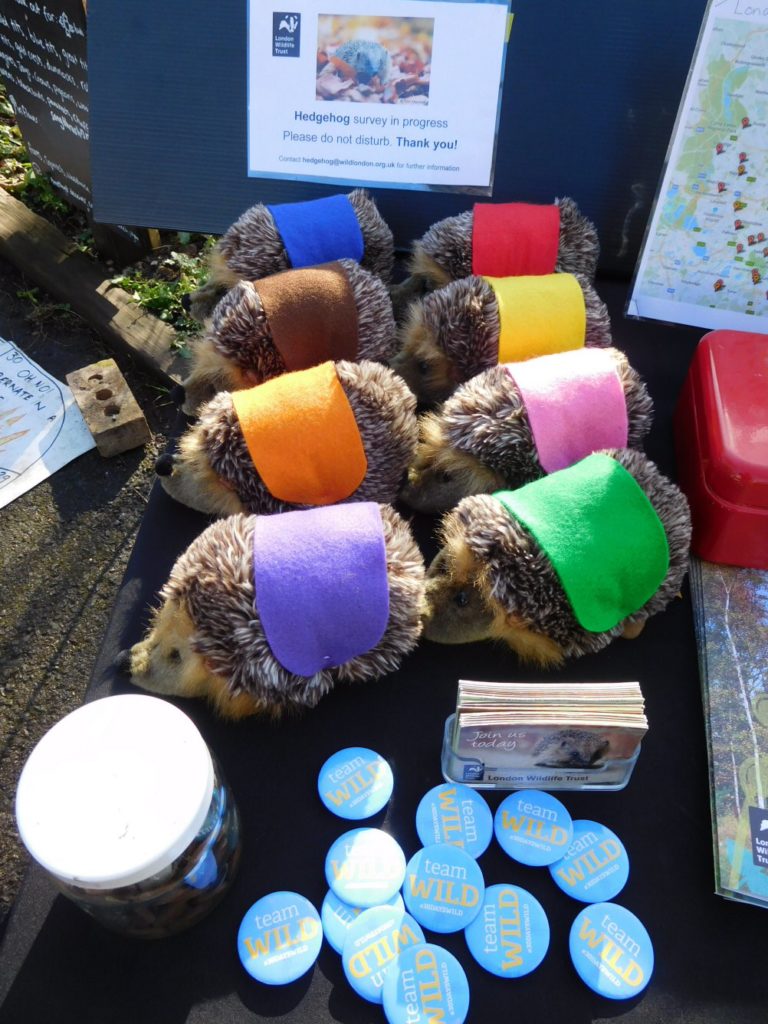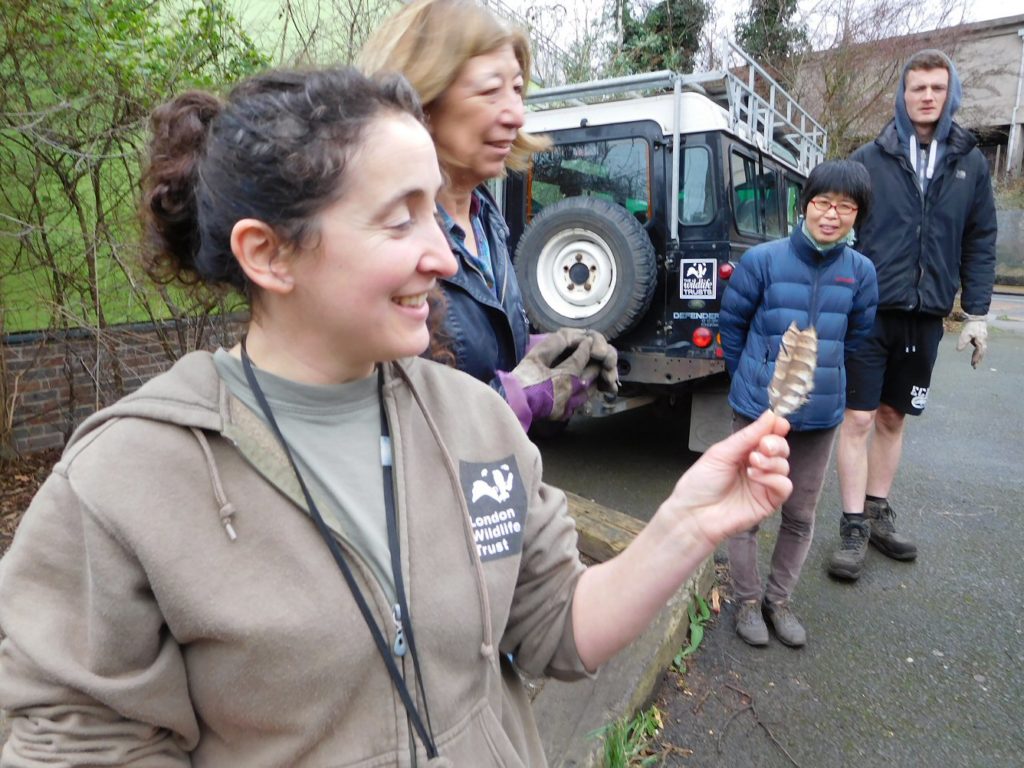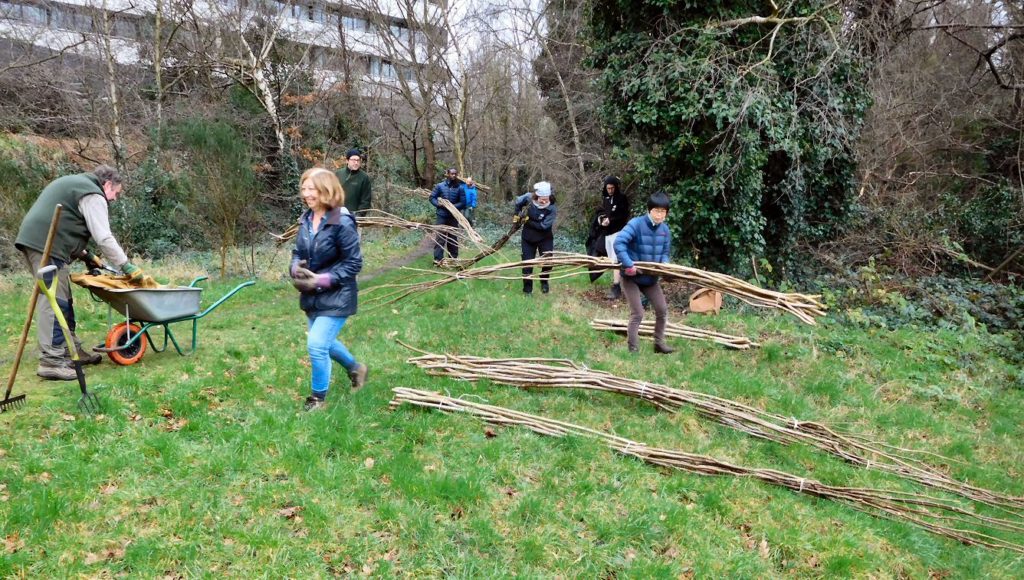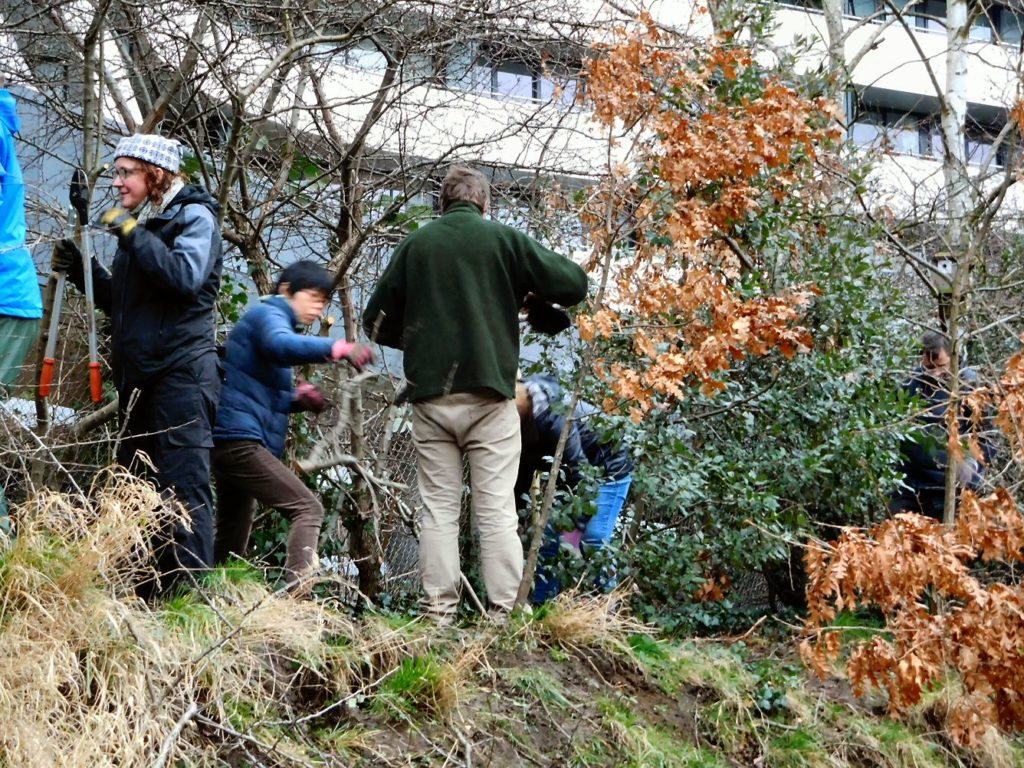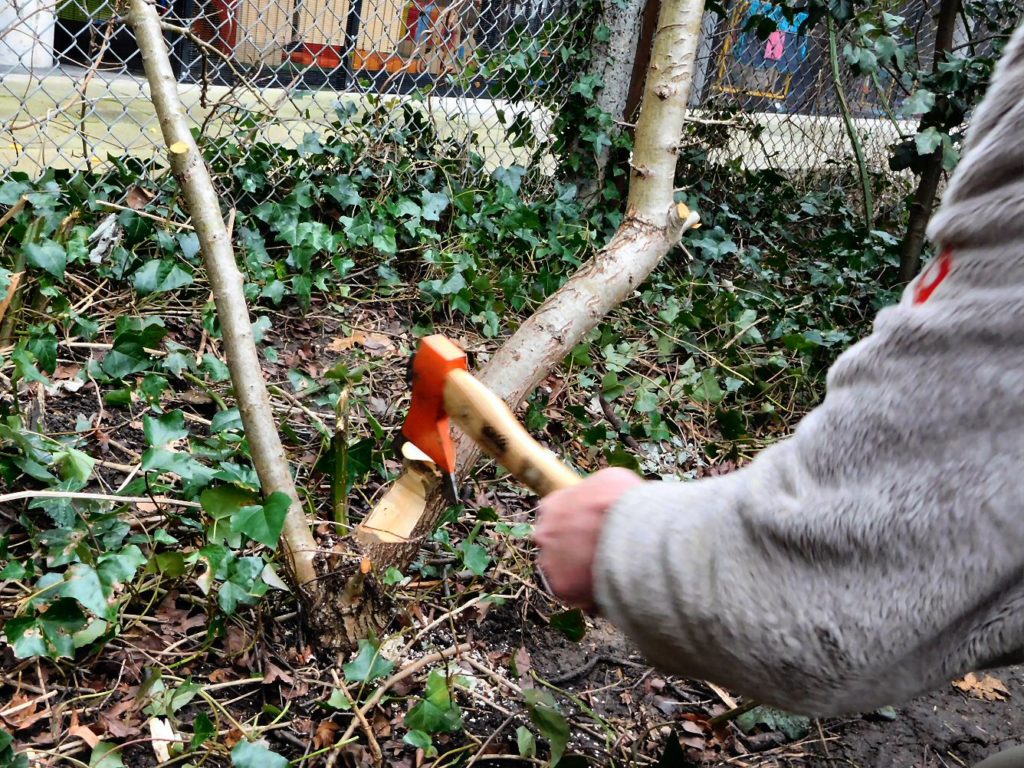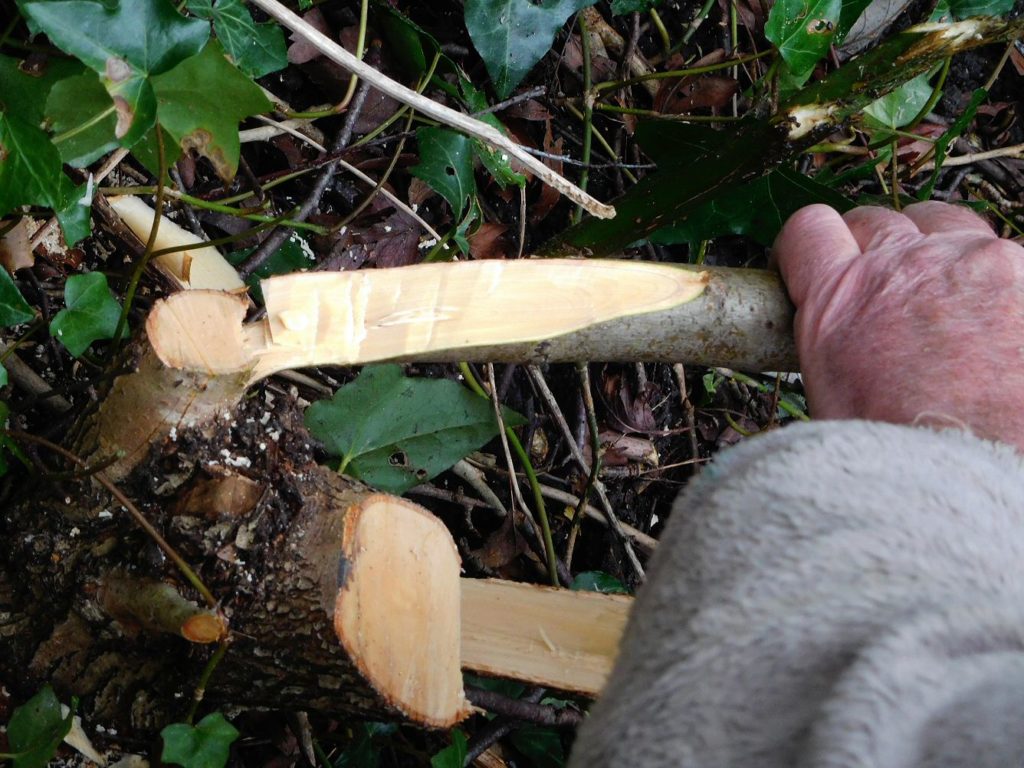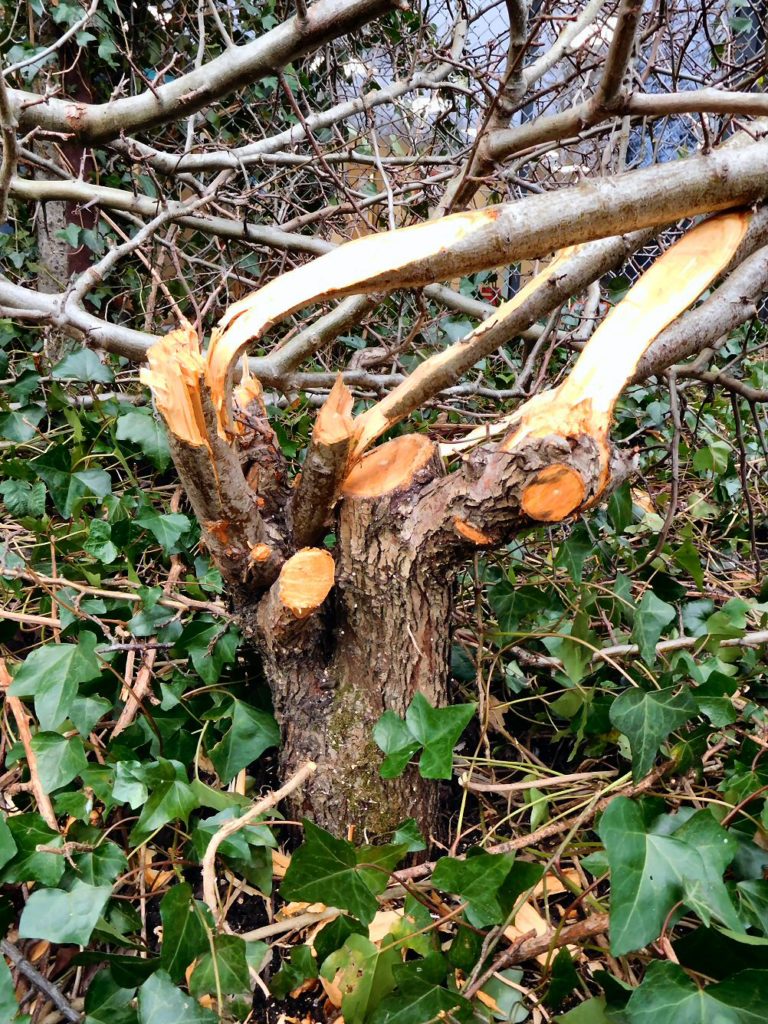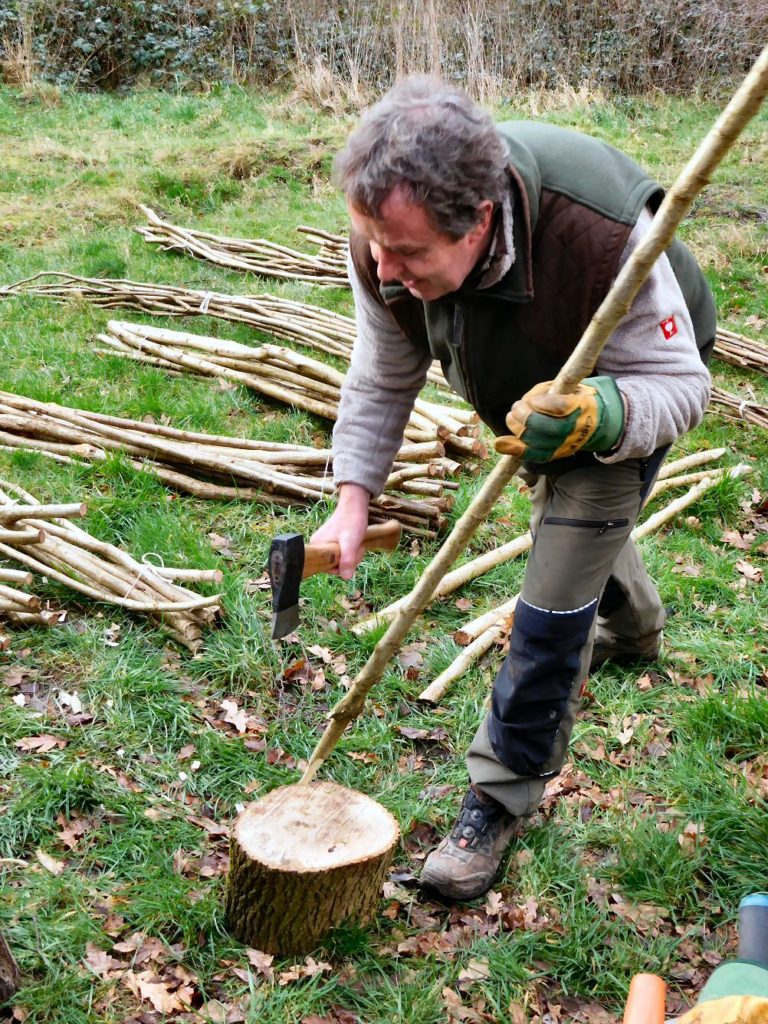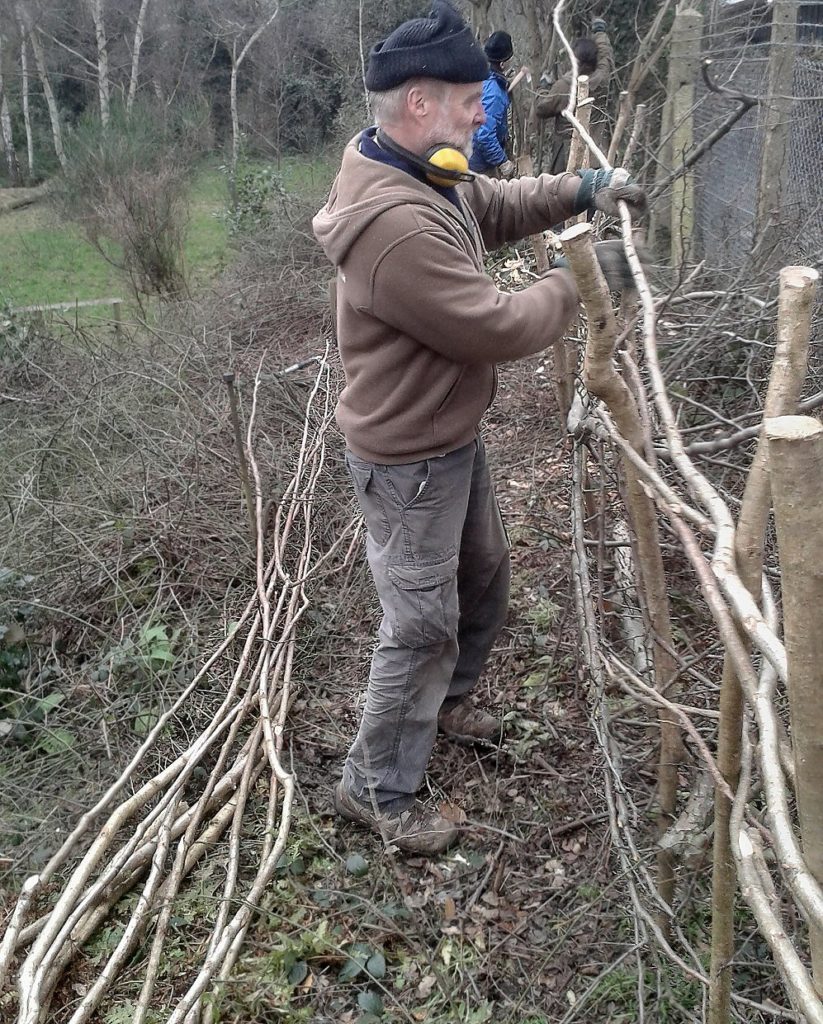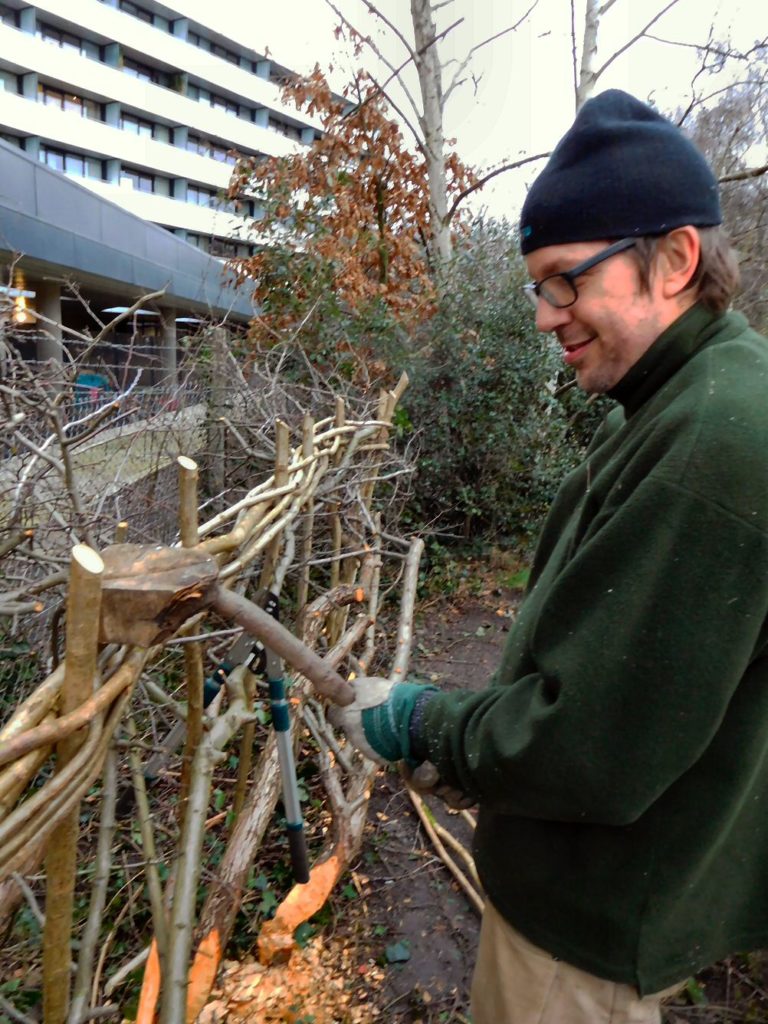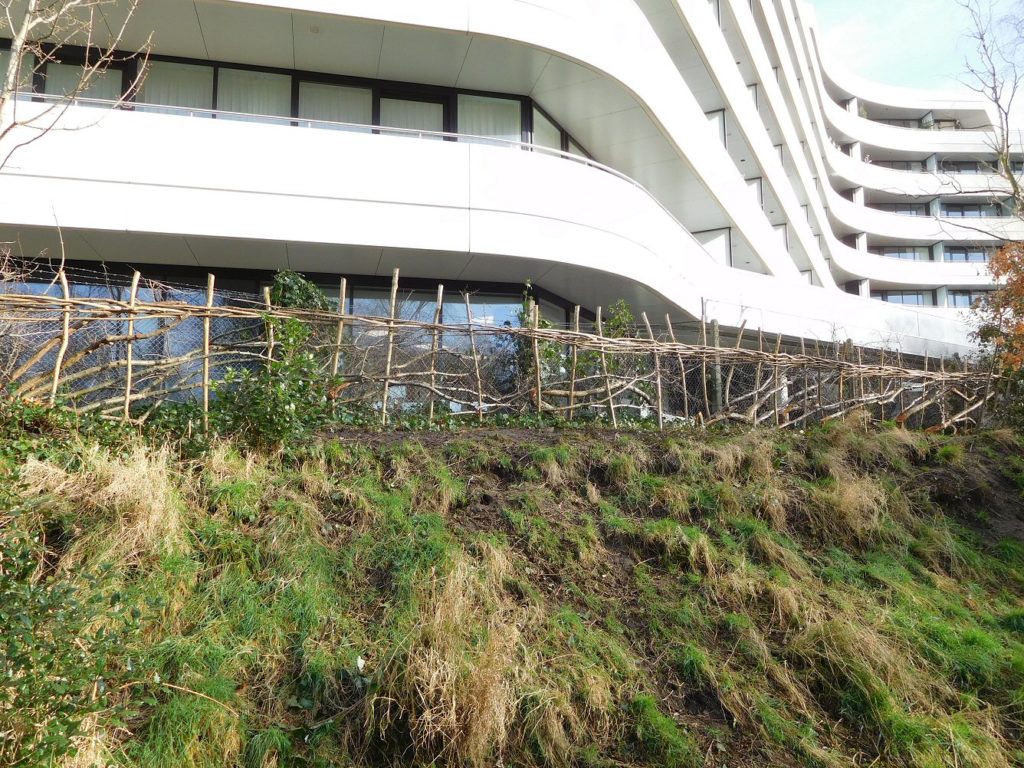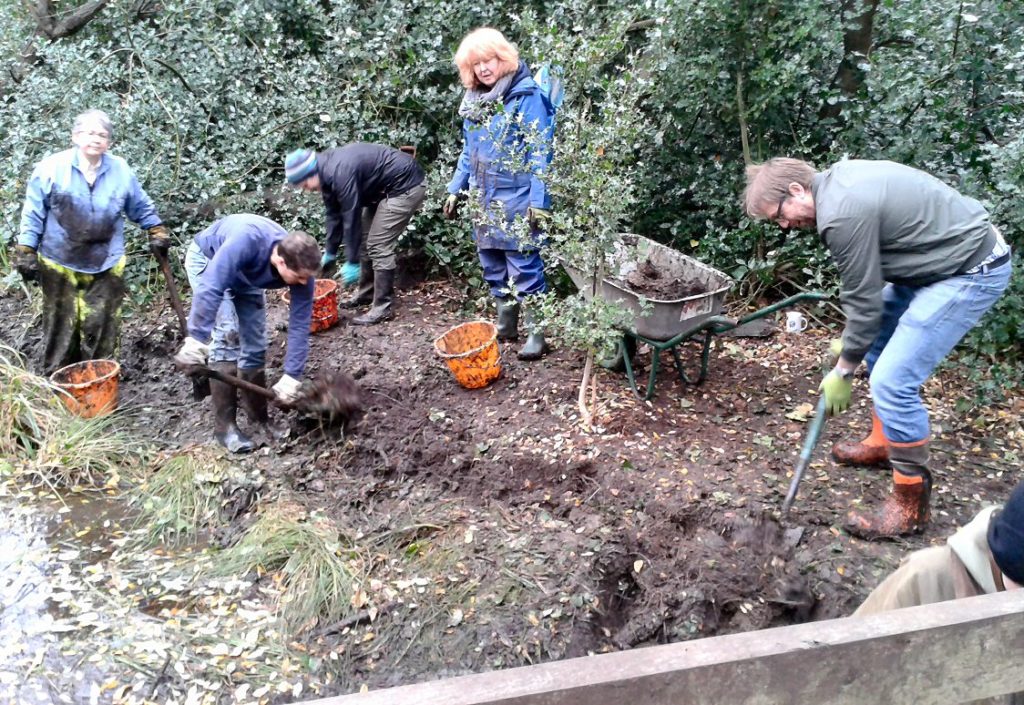
A Winter Task: Digging out Wet Woodland


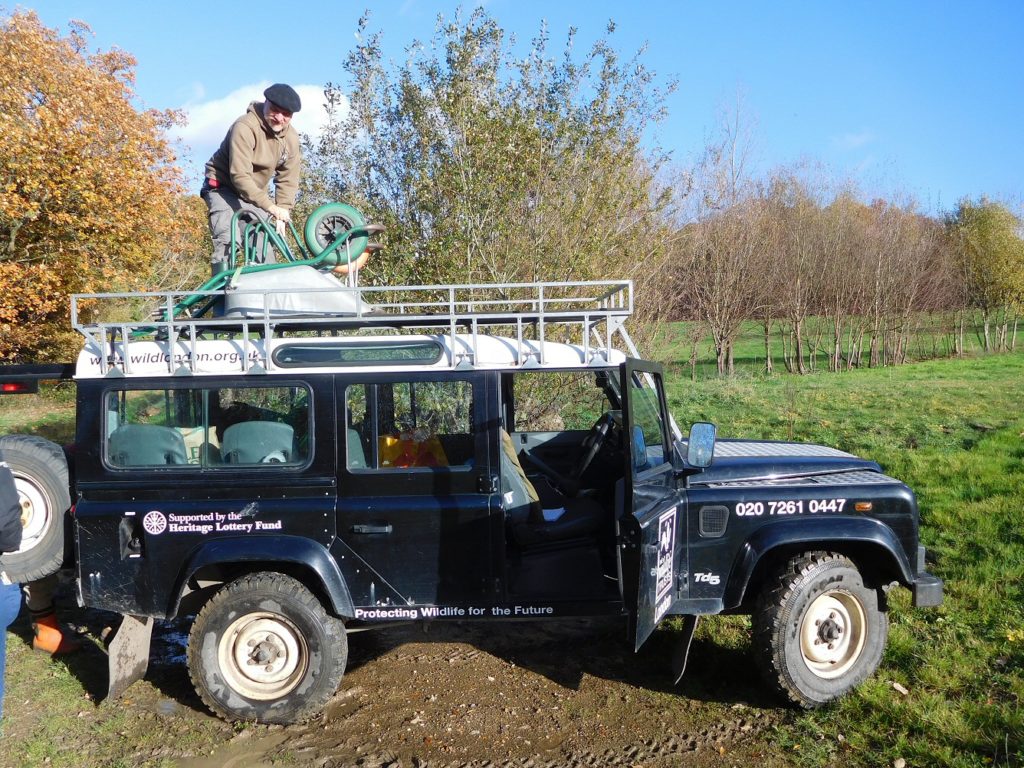
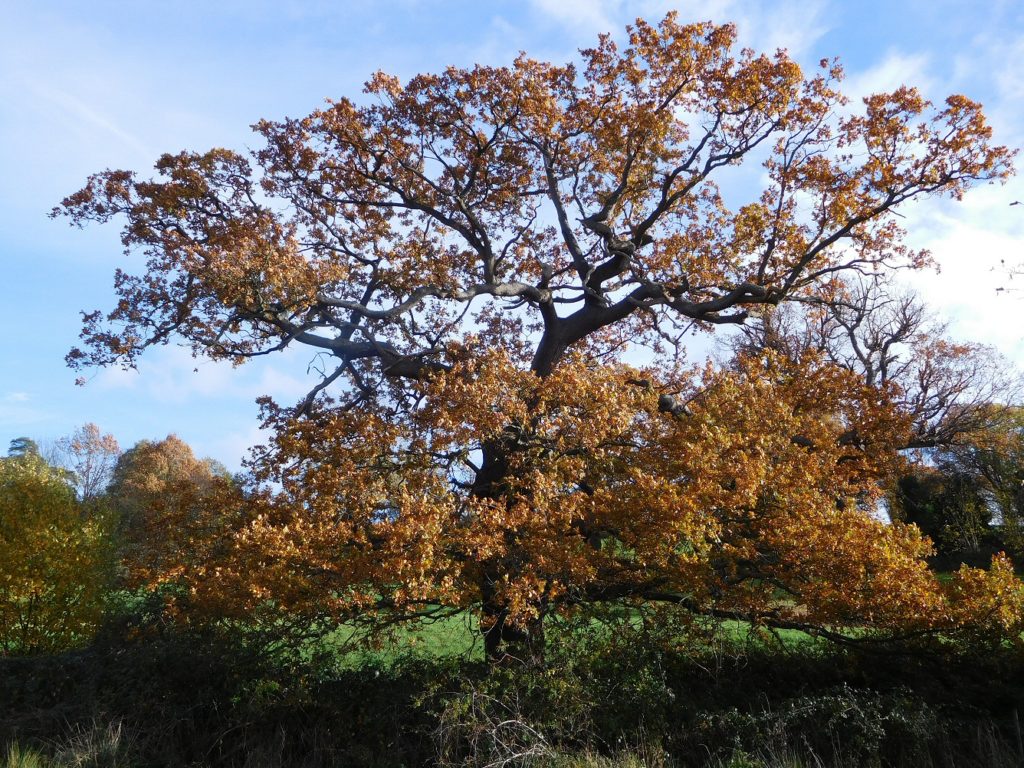
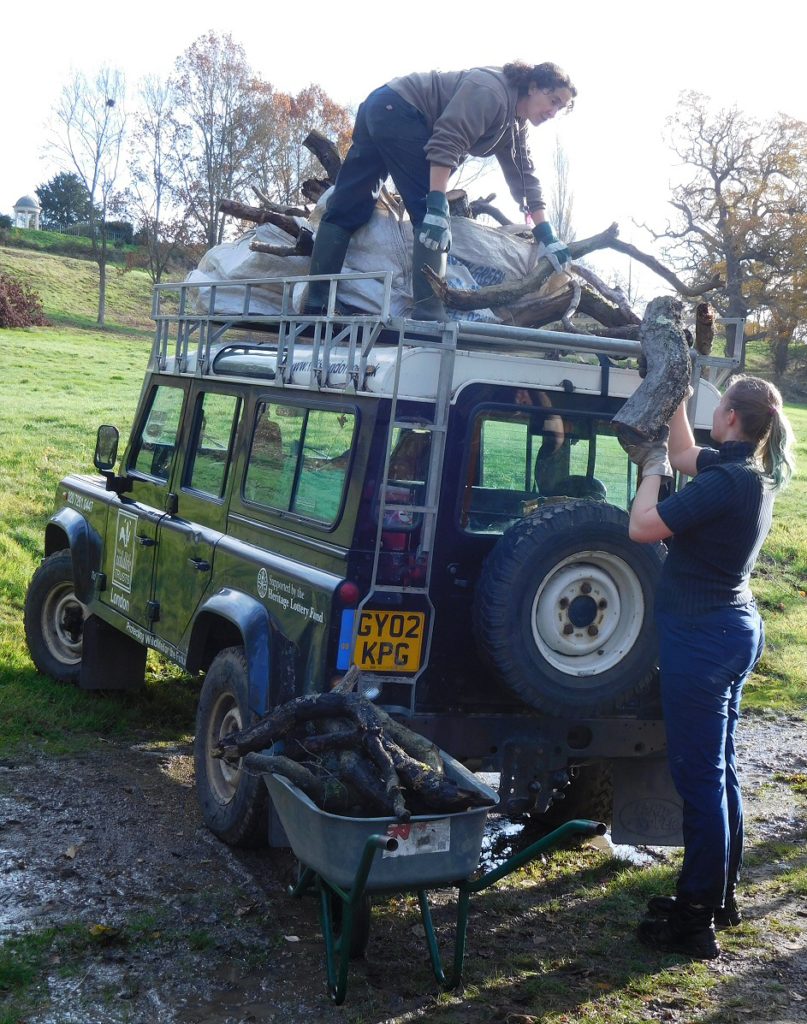
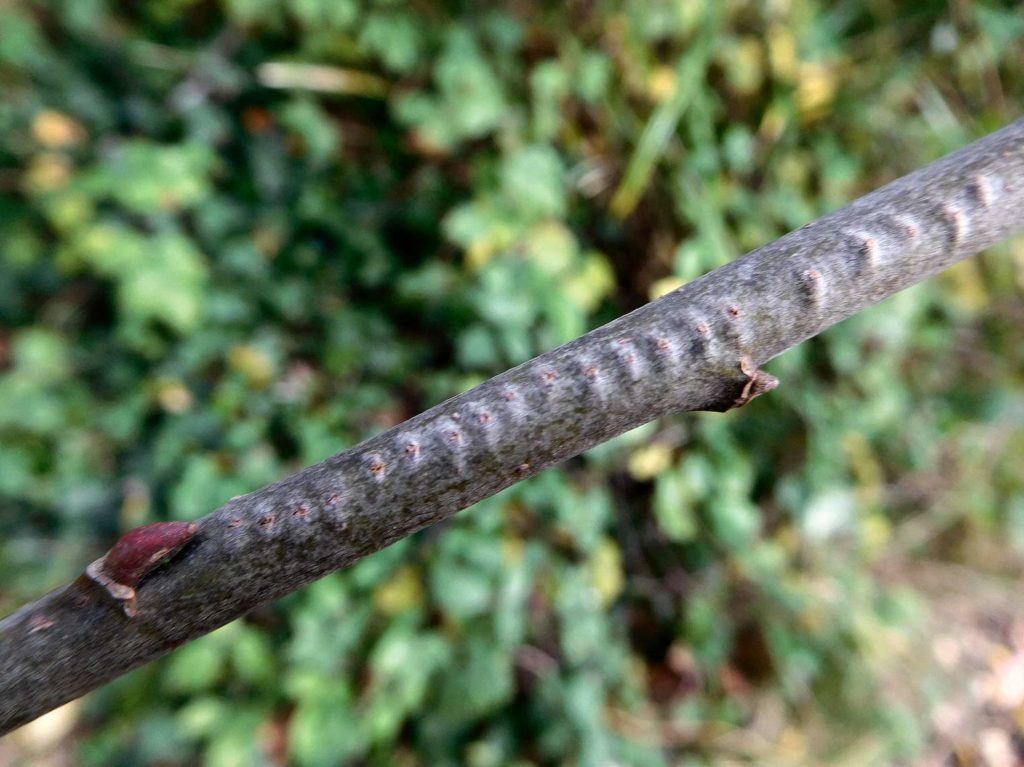
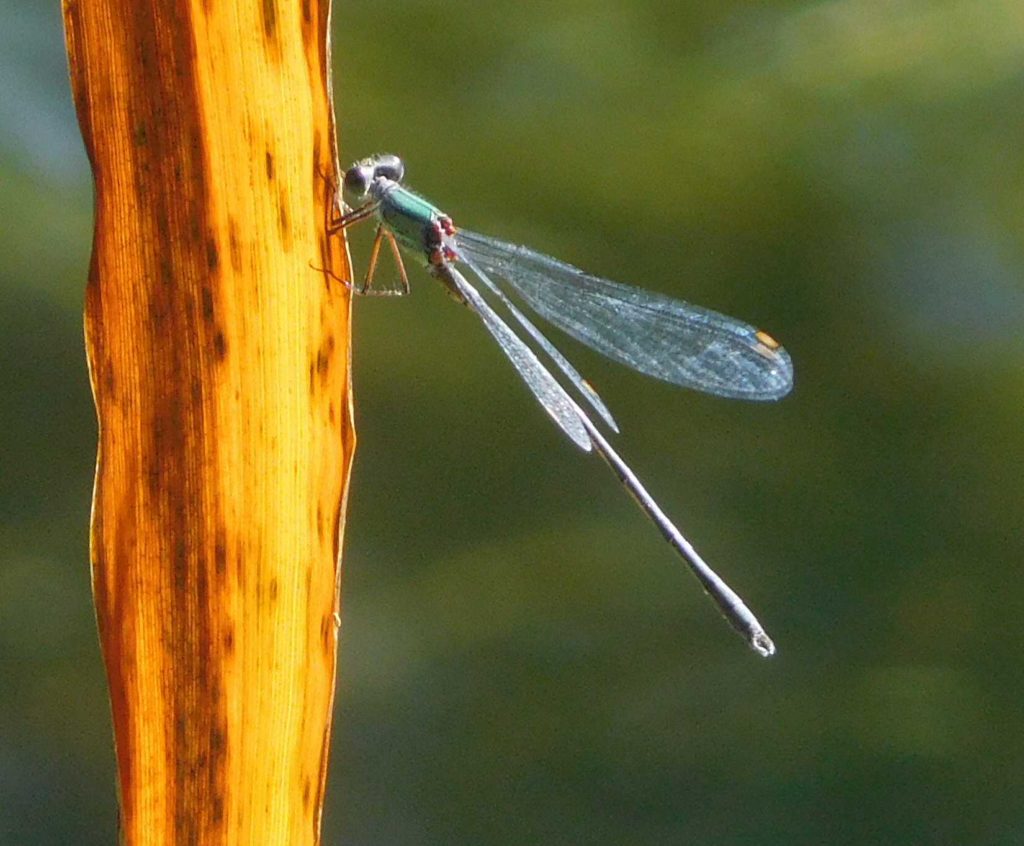
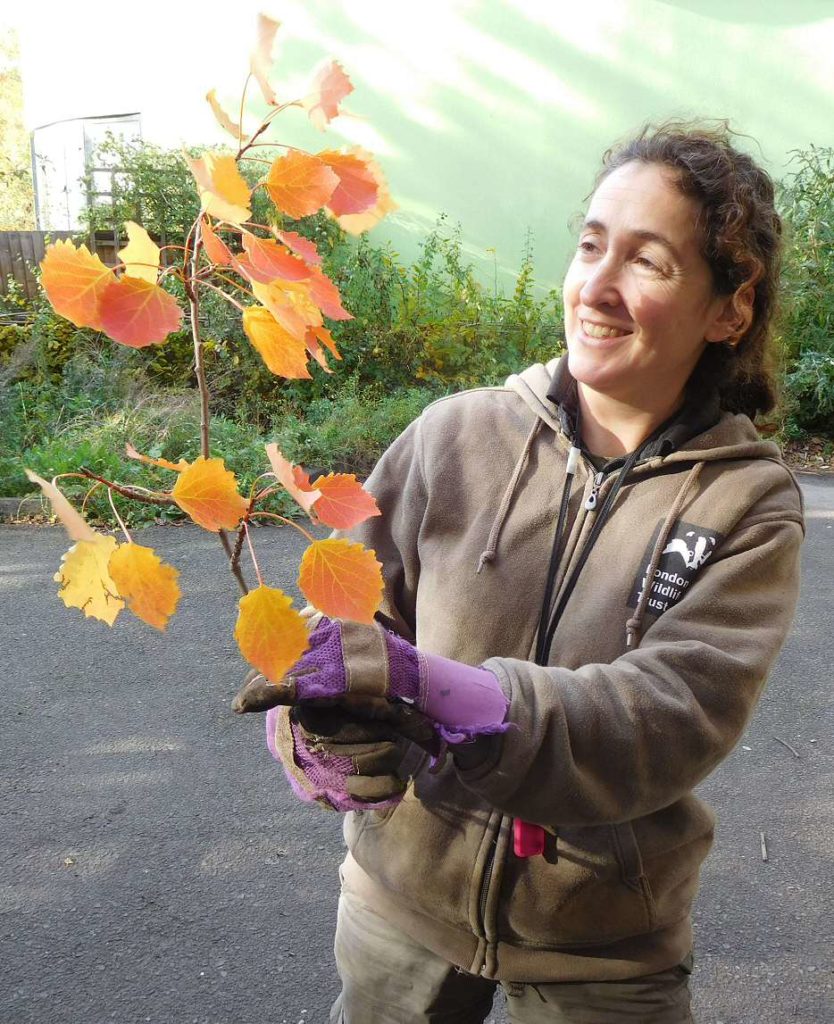
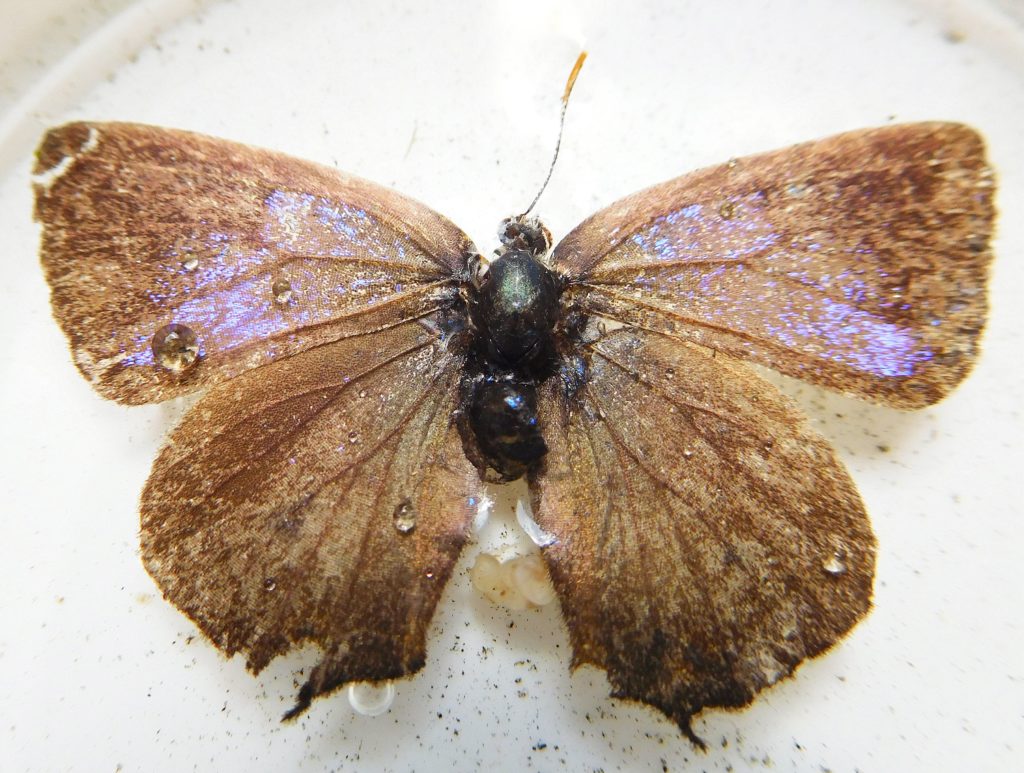
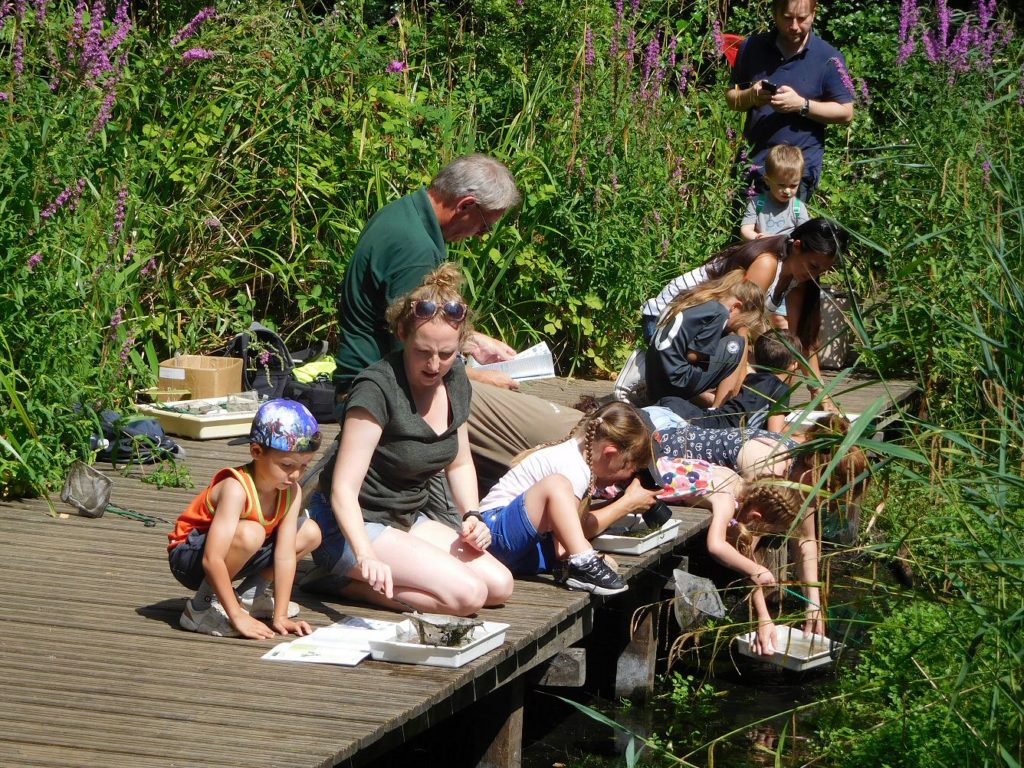
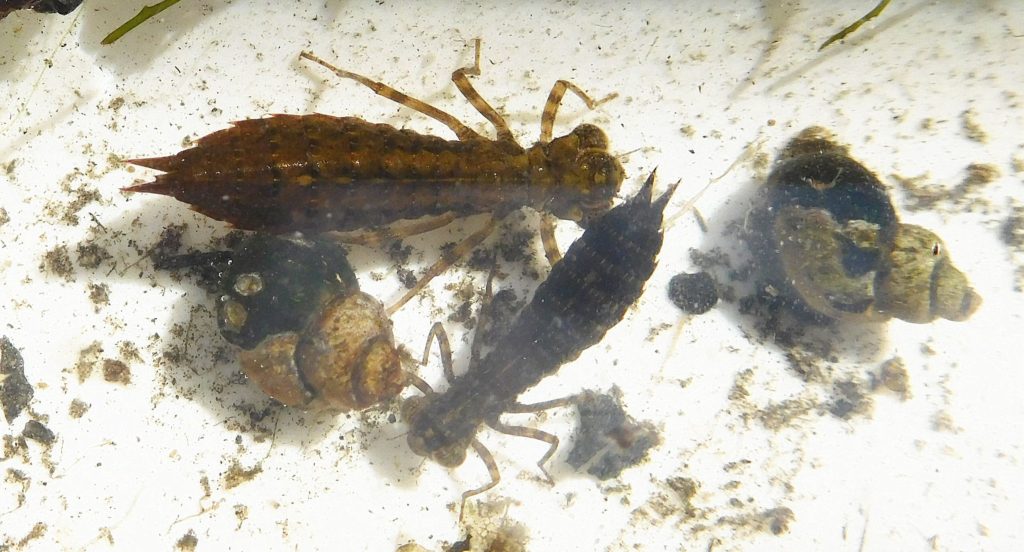

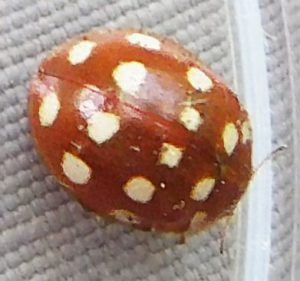
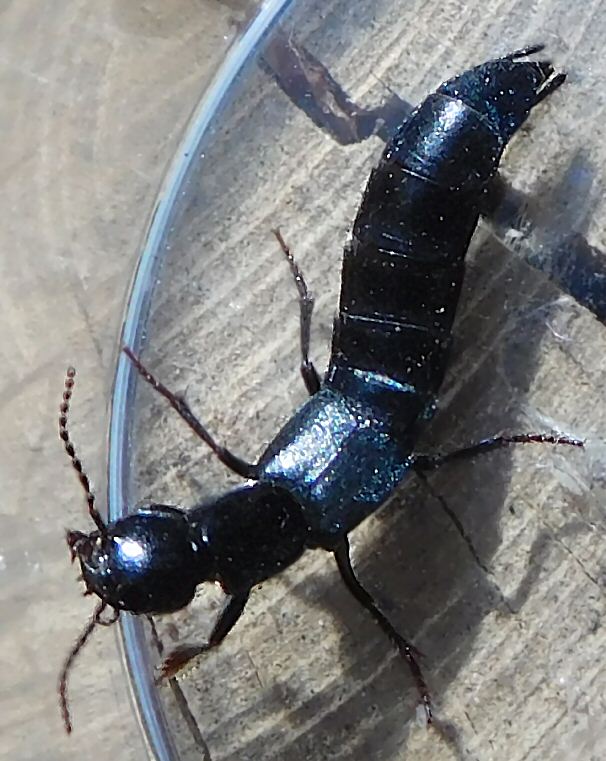
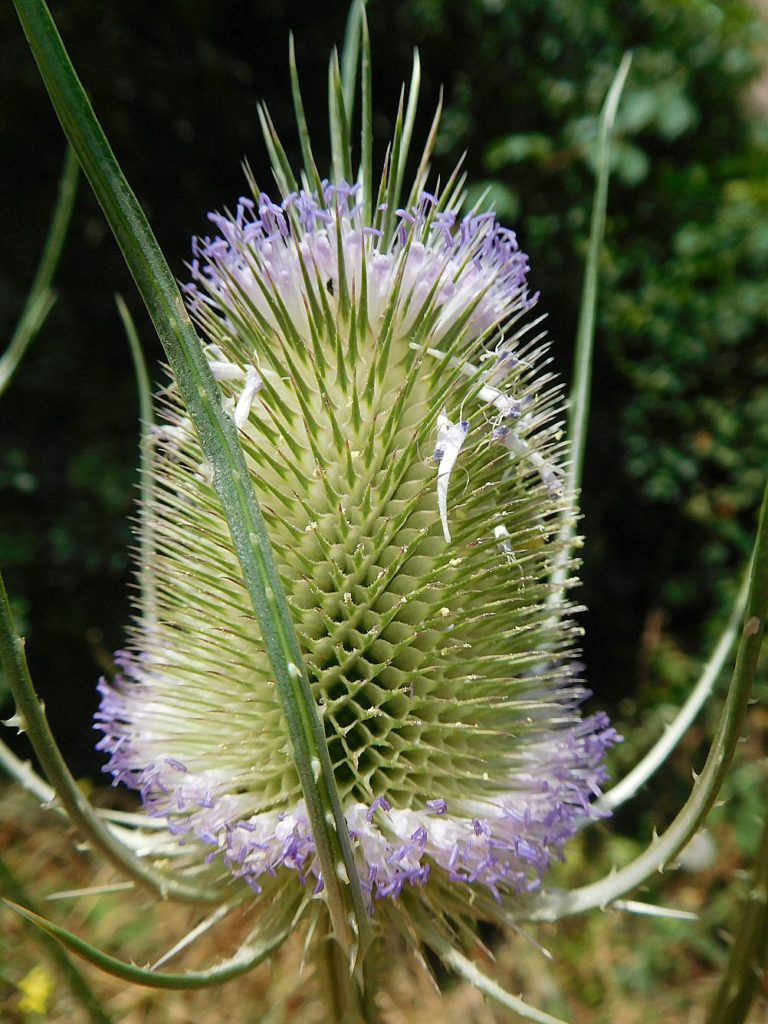
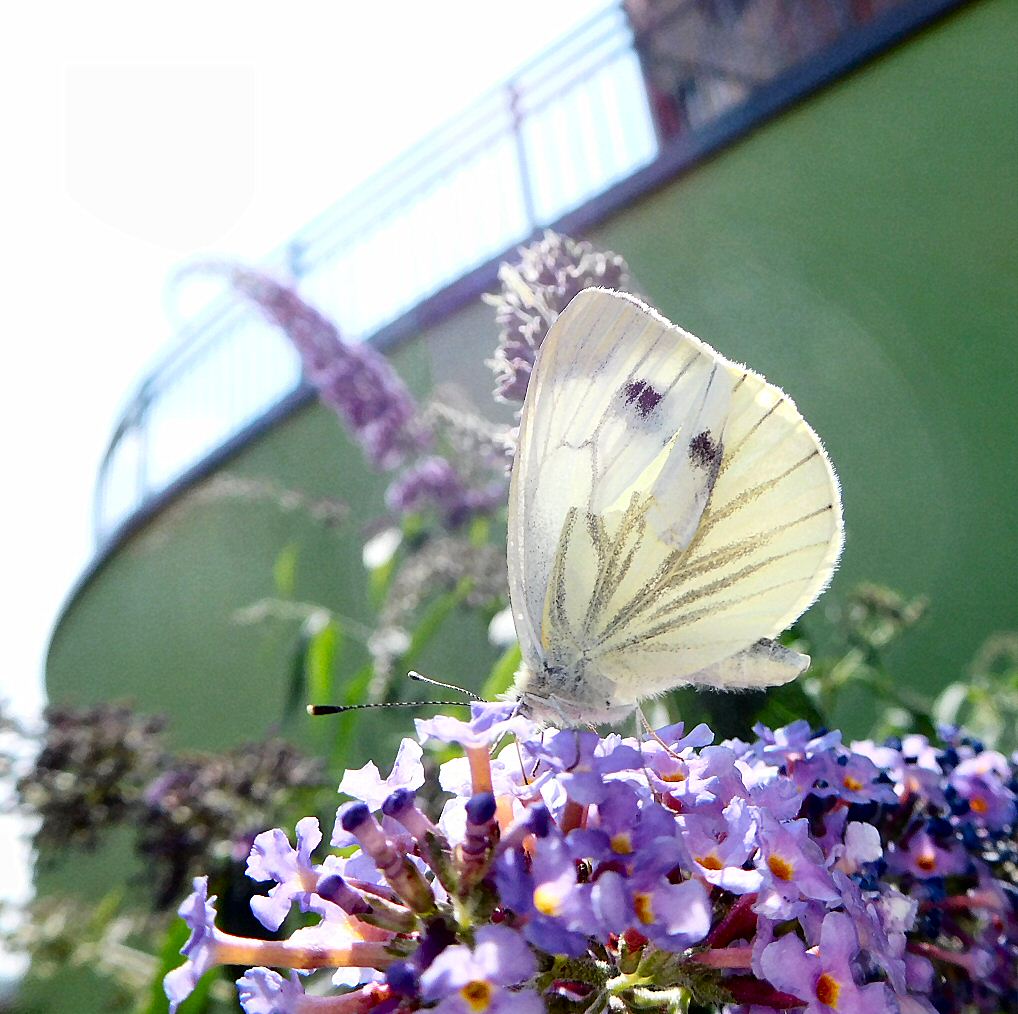
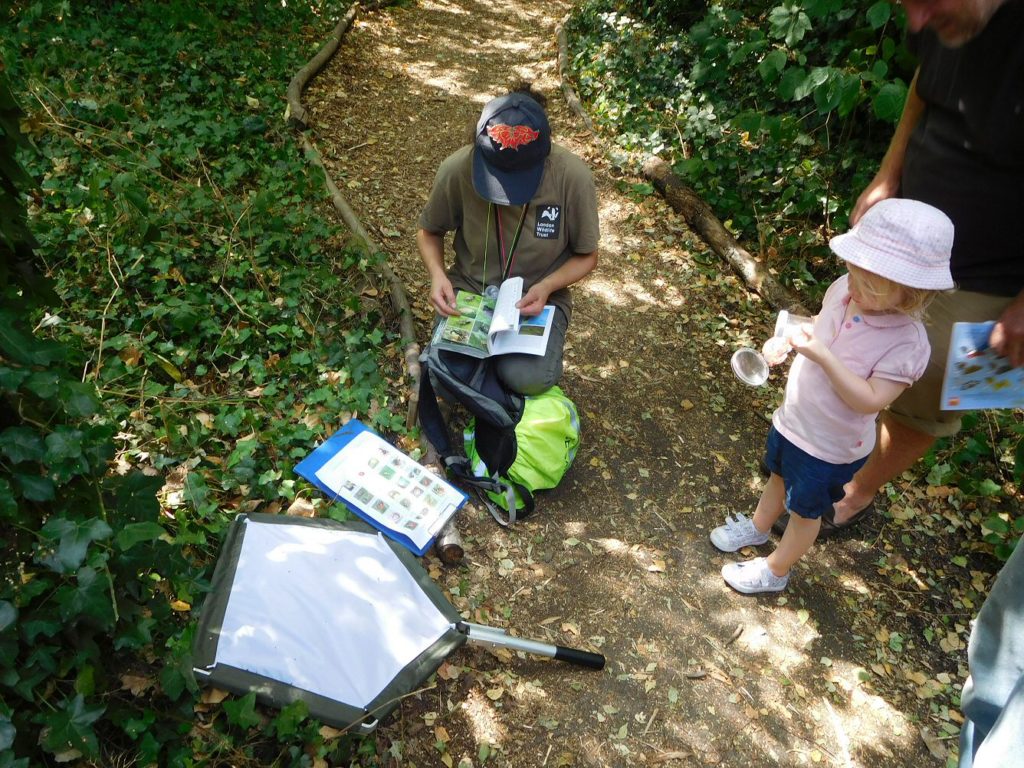
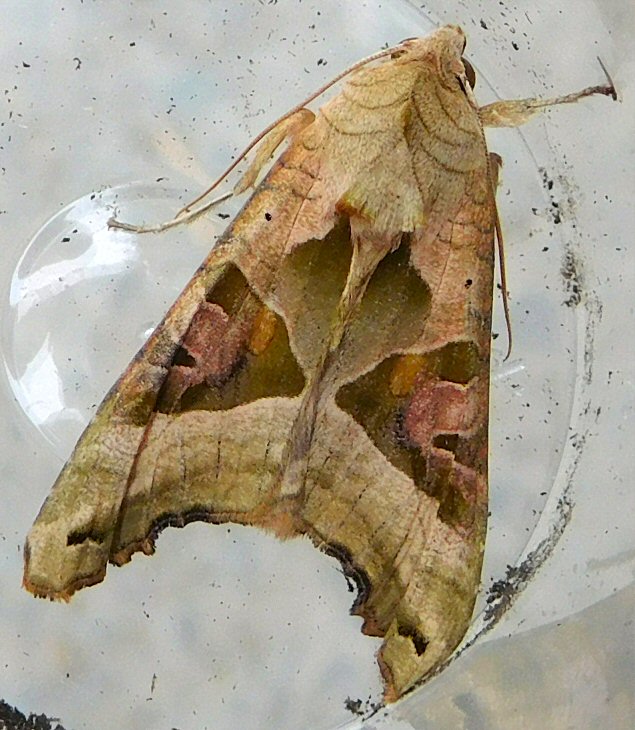
Netty had a successful night with the moth trap.
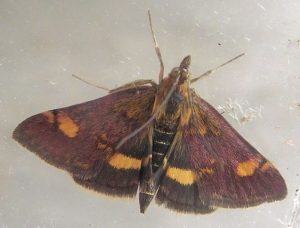
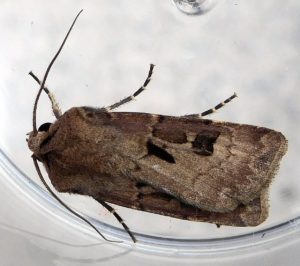
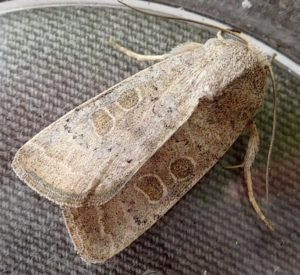
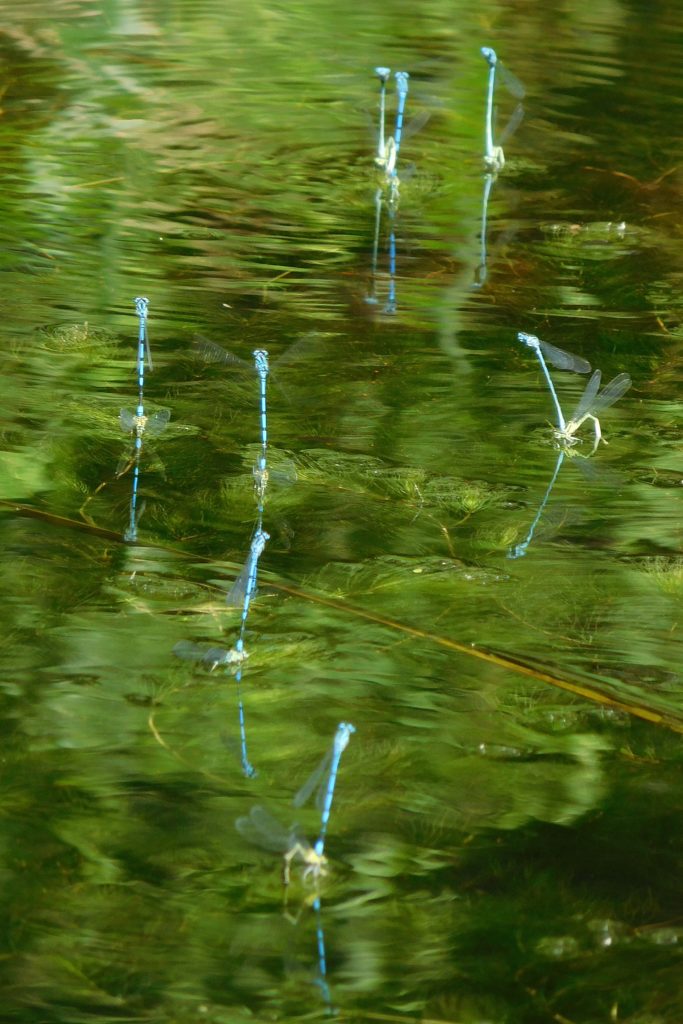
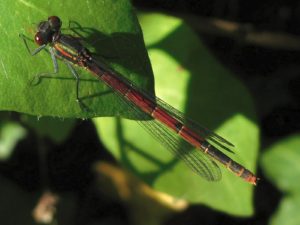
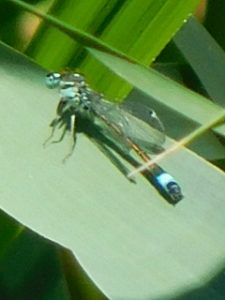
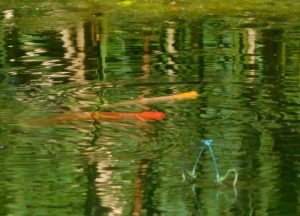
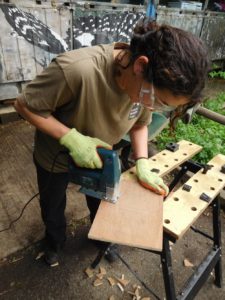
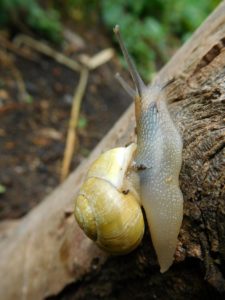
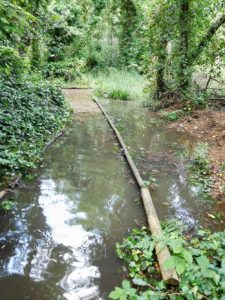
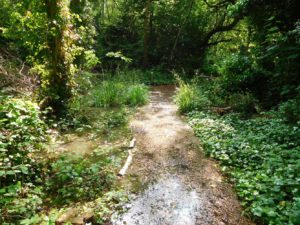
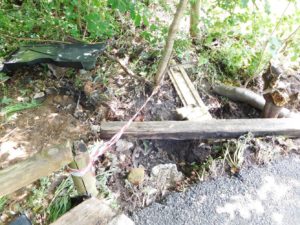
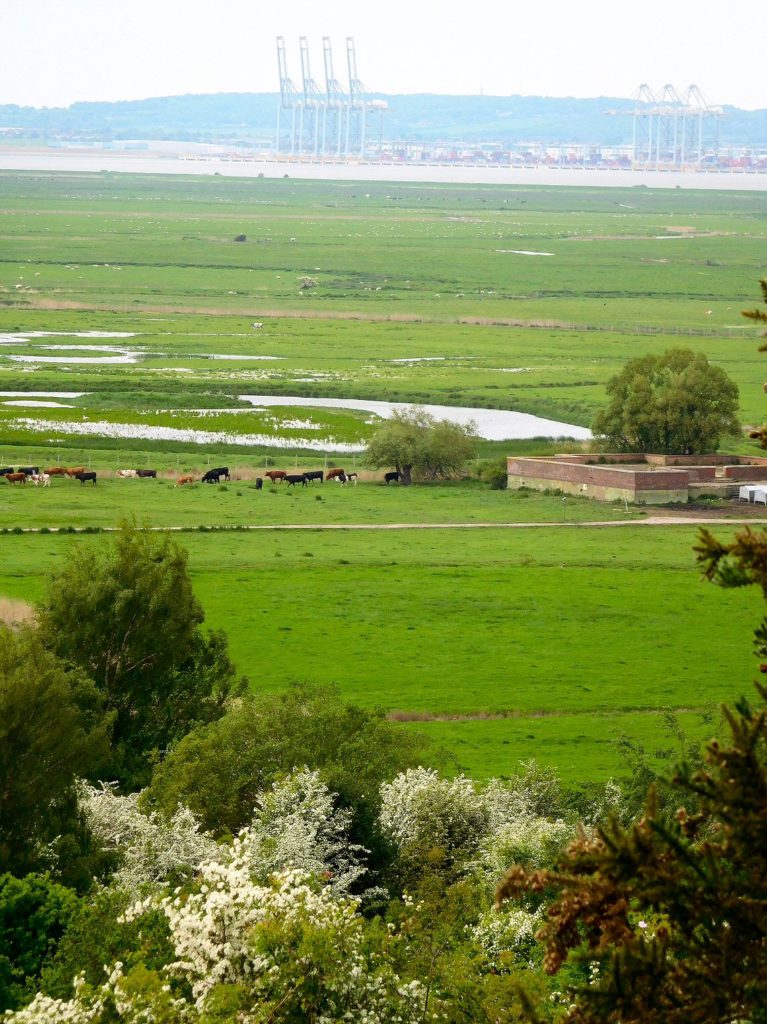
Well there are some things one just has to do, even if it means braving the traffic. Nightingales, once common all over the south of England, can now only be heard in a few special places, and Northward Hill is one of them. There are some others in the southeast, like Lodge Hill, and guess what, they want to build houses all over it. Better go and enjoy the birdsong while it lasts.
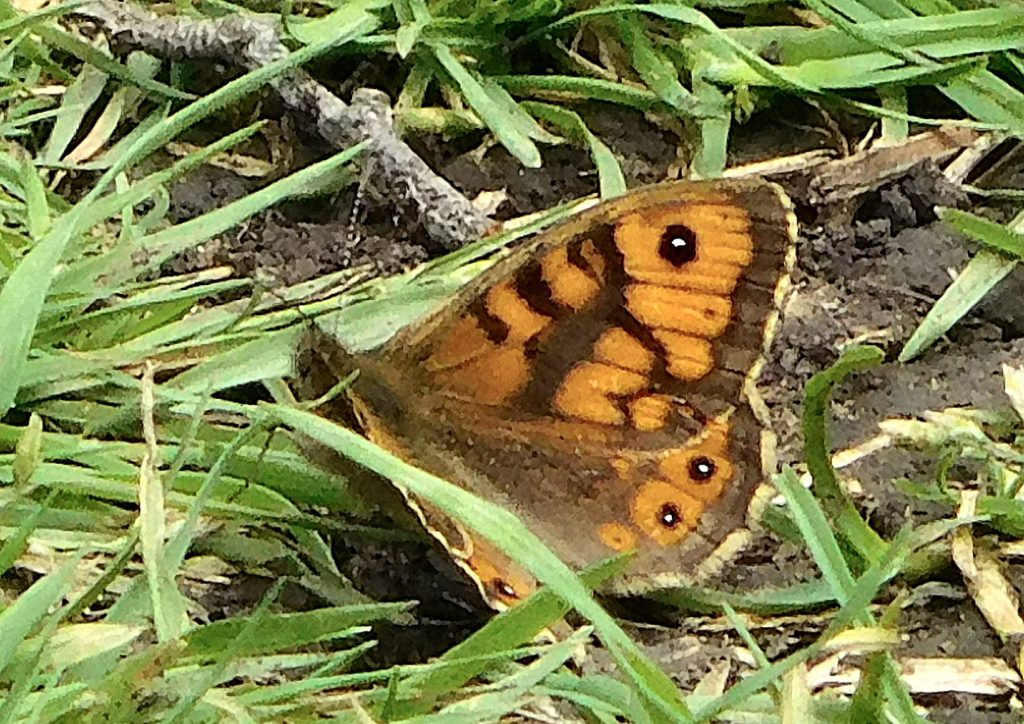
I was greeted by the song of blackbird, chaffinch, robin, song thrush, and wren as I walked in. A few ‘whites’ – large white, orange tip, green-veined white – skittered about as I reached the attractively rough scrub of hawthorn in full May blossom, blackthorn, wild pear, wild plum, and wild cherry, topped by the occasional whitethroat singing away scratchily.
Into the woods, with a handsome old cherry orchard on the right. Some of the oaks were straight out of Lord of the Rings, splendidly gnarled, knobbly, with massive trunks and holes to hide a good few goblins in.
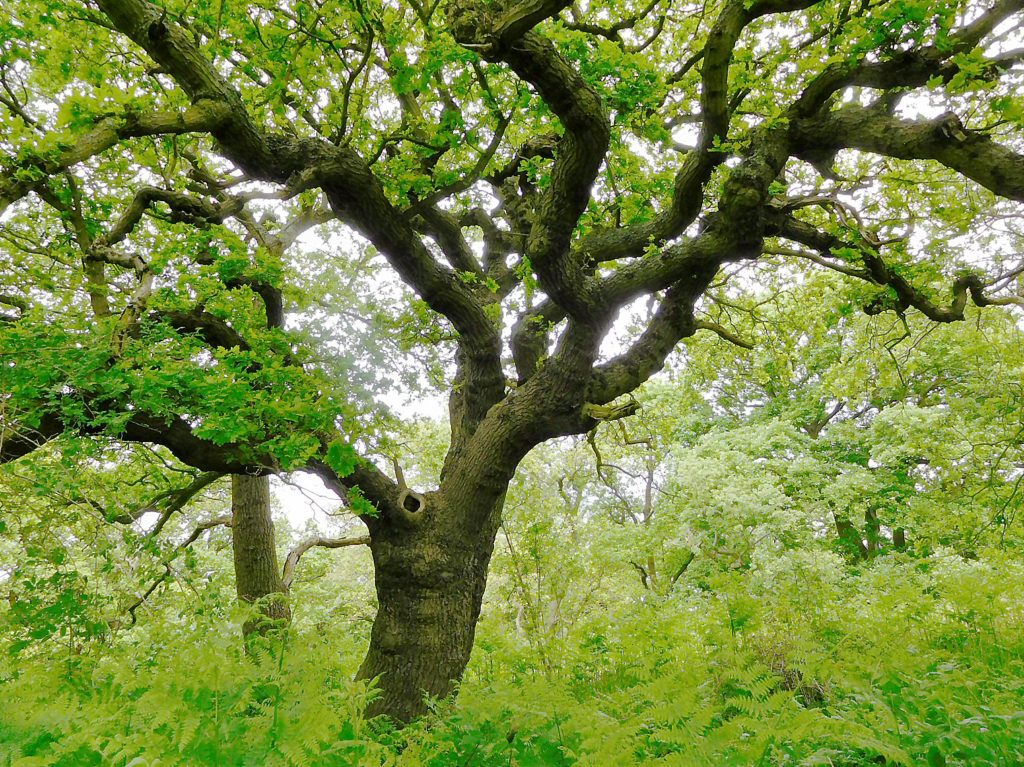
And yes, sure enough, a nightingale obliged by singing its hesitant but amazingly rich and varied song from the thick cover. A little further, another; and a cuckoo kindly sang its unmistakable song from an oak almost in front of me, then with a ‘gok’ call flew, sparrowhawk-like, from the tree, a special sight.
Down to the hide overlooking the pool in the top photo; I wasn’t expecting more than a coot and maybe a mallard, but there were breeding lapwings chasing off the crows; breeding oystercatchers, and an avocet sitting with them; and a couple of solitary little egrets, stalking and stabbing at small fish or frogs. A redshank gave its wild teuk-teuk-teuk call and flashed its wingbar briefly.
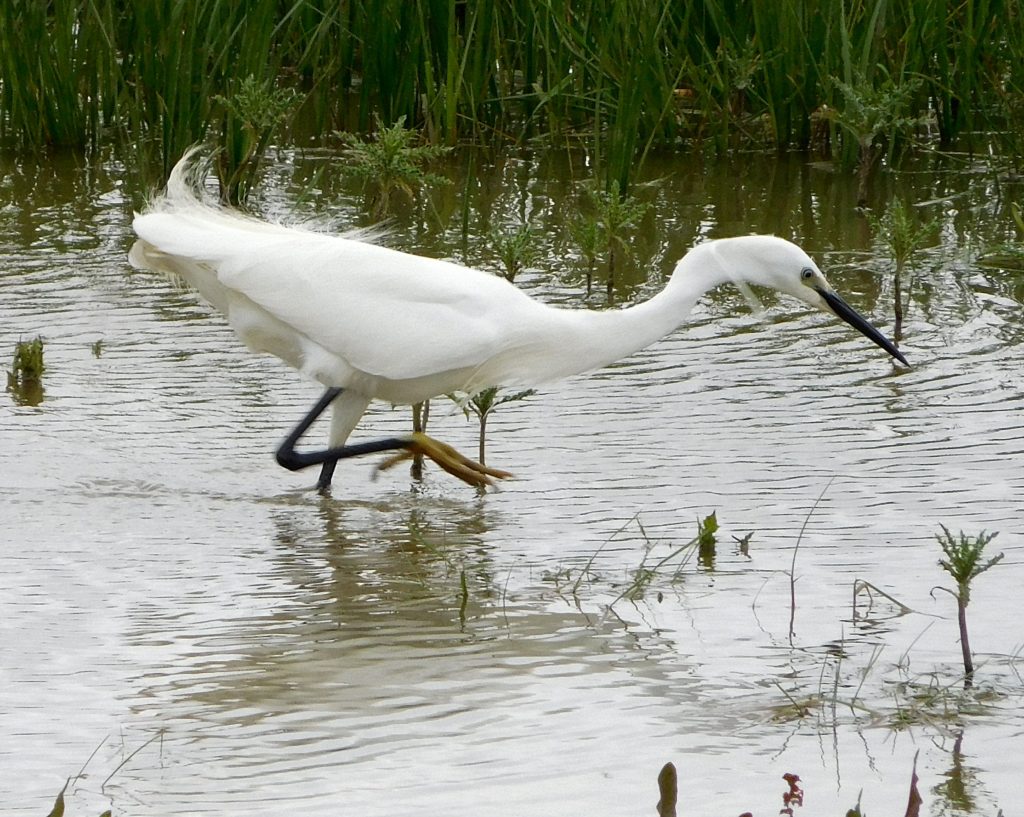
Overhead a few swallows flitted about, and three swifts raced over the marsh.
The Hoo Peninsula is still a wild, spacious, lonely place, even with the swelling villages. You can see the Shard and Canary Wharf in the distance (some 30 miles); the river with its cranes and giant ships is ever-present; but the North Kent Marshes are special, as is Northward Hill with its fine old woods, still unspoilt for birds. Go and see it while you can.
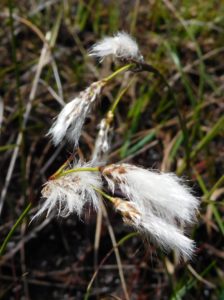
A bright, breezy, and much cooler day (16 C, not 29 any more) was just perfect for a visit to Thursley. Perhaps many of the dragonflies decided not to fly: I saw one Common Darter and (I think) one Brown Hawker, and nothing else, so anyone who went along hoping to see the Hobbies hawking for dragonflies by the dozen will have had a wasted trip (and indeed I saw several extravagantly camouflaged types with gigantic telescopes standing about looking very bored).
But everything else was in full swing. A Cuckoo called from the pinewoods. A Curlew gave its marvellously wild, bubbling call from the open marsh. A Dartford Warbler gave me the best view ever of its rufous belly and long tail, as it sat low in a scrubby Birch, giving its rasping anxiety call repeatedly. I enjoyed the view through binoculars. By the time I remembered to take a photo it was half-hidden again.
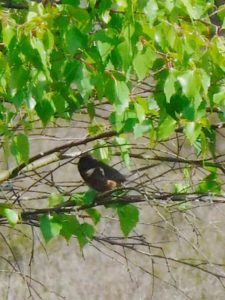
A Stonechat gave its scratchy call from a small Birch, then hopped up to some Pine trees (so, a distant shot).
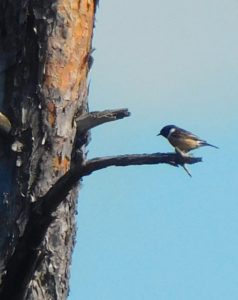
A few Chiffchaffs called from the woods; plenty of Whitethroats sang from the regenerating Birches that are encroaching on to the heath. A Green Woodpecker gave its fine laughing call.
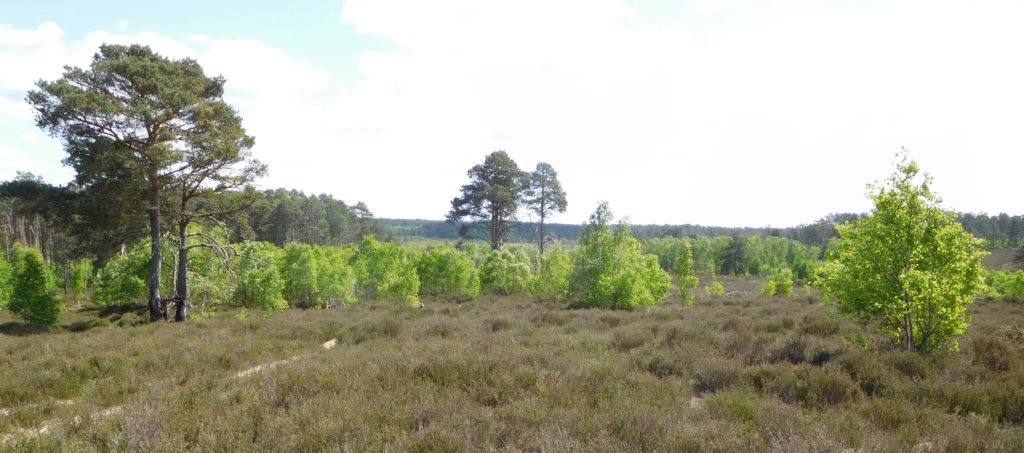
So I heard three warblers today to add to the four yesterday, so seven singing warblers in 24 hours, a little bit special.
The lichen flora on the heath was quite beautiful, with Usnea beard lichen, leafy Parmelia, bristly Ramalina (all on old Heather), and elegant Cladonia potscourer, cup, and stalk lichens (three species).
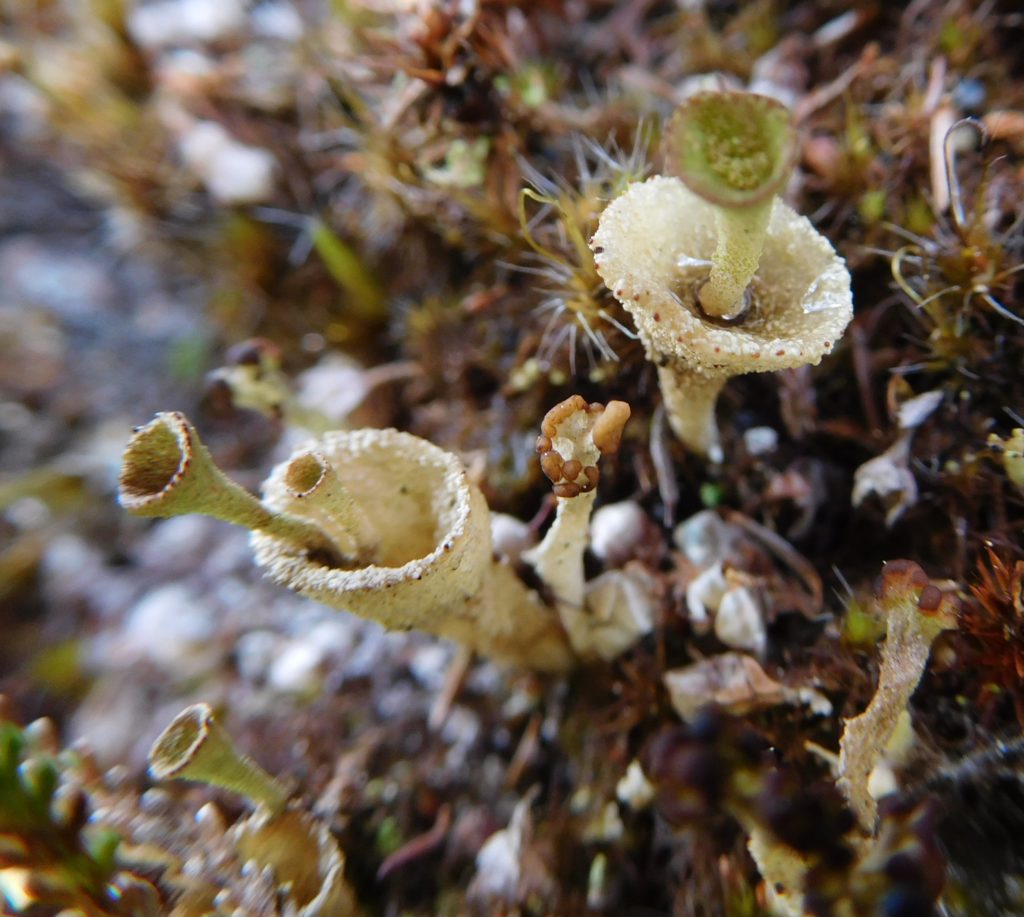
A Linnet sang from the top of a Birch. Goldfinches twittered and flitted about.
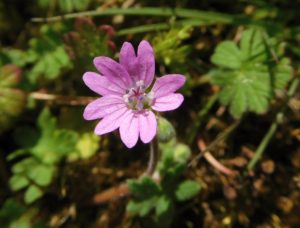
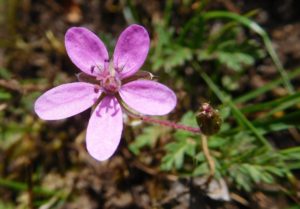
And on the path out, a Hobby leapt from a tree right in front of me, where it had been sitting watching the bog pools, waiting for dragonflies to come out and display themselves. It flew round and up, then circled, soaring, away to the south. Perhaps it was the one the twitchers had been waiting to see flying all morning.

